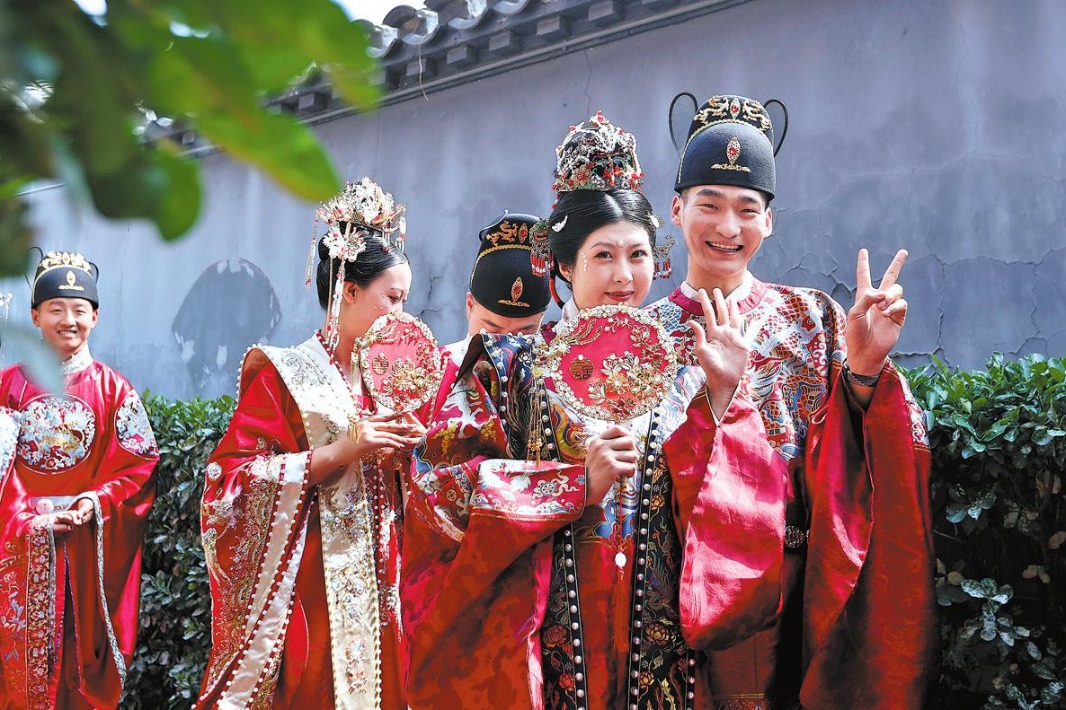Top court upholds voice rights, curbs AI misuse

China's highest court has mandated judges nationwide to uphold the precise application of the Civil Code in order to bolster high-quality economic and social development. This directive was underscored by a groundbreaking case unveiled on Tuesday, emphasizing the critical importance of safeguarding individuals' personal rights amidst the rapid advancement of new technologies.
In the case at hand, a voice-over artist identified by the surname Yin discovered that her voice had been utilized without consent in online audiobooks, with the recordings manipulated through artificial intelligence. Yin subsequently filed a lawsuit against five companies in a Beijing court, including a cultural media enterprise that had distributed her voice recordings without authorization, an AI software developer, and a voice-dubbing app operator.
The court determined that the cultural media company had shared Yin's recordings with the software developer without her consent. Subsequently, the developer employed AI to replicate her voice, generating AI-powered products. Given the AI-generated voice's close resemblance to Yin's vocal characteristics, intonation, and pronunciation style, the court ruled that both the cultural media company and the AI software developer had infringed upon Yin's voice rights as outlined in the Civil Code.
The provisions within the Civil Code pertaining to voice rights are aligned with those concerning portrait rights, prohibiting the distortion, defacement, forgery, or unauthorized exploitation of an individual's voice through information technology. The Code explicitly states that the generation, use, or disclosure of someone's voice is impermissible without their explicit consent.
The highest court stressed that this ruling not only upholds individual voice rights but also signifies a significant stride in regulating AI usage, ensuring that technological advancements remain centered on people. Apart from this case, the top court also disclosed five additional cases on Tuesday, addressing topics such as environmental conservation and the protection of private enterprises' legitimate interests. These cases collectively showcase the judiciary's dedication to rigorously enforcing the Civil Code.
Enacted in January 2021, the Civil Code stands as China's inaugural comprehensive legislation formally designated as a "code", serving as a foundational framework for overseeing civil activities within the nation.
- Top court upholds voice rights, curbs AI misuse
- Chinese researchers discover new tree frog species in Xizang
- Heavy rain caution in Yunnan
- Former Hainan official expelled from Party for suspected violations
- Guangzhou hosts dragon boat races ahead of Duanwu Festival
- White tea liquor delights consumers in Hubei





































